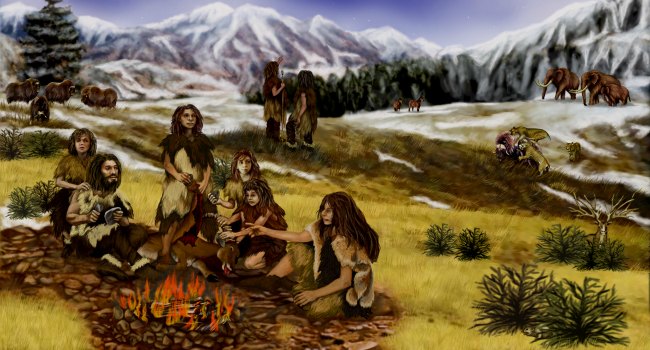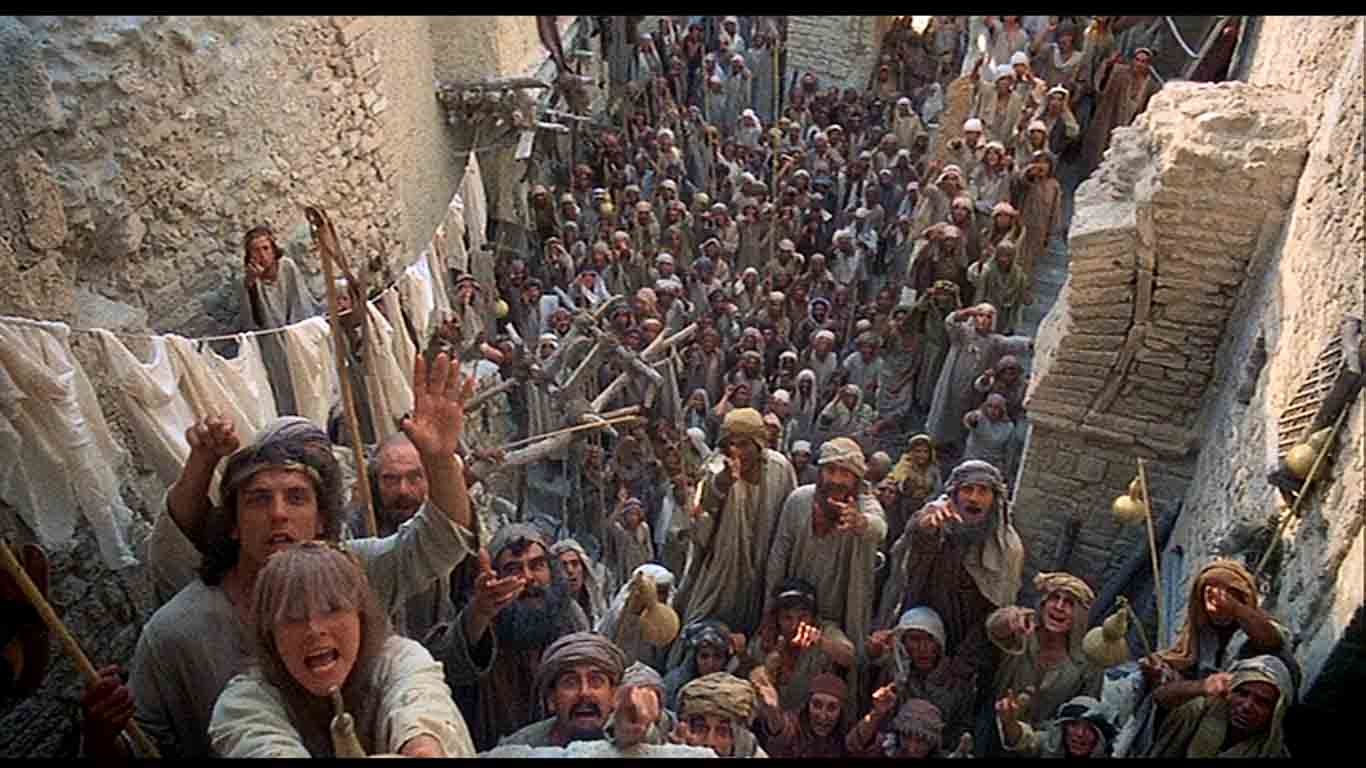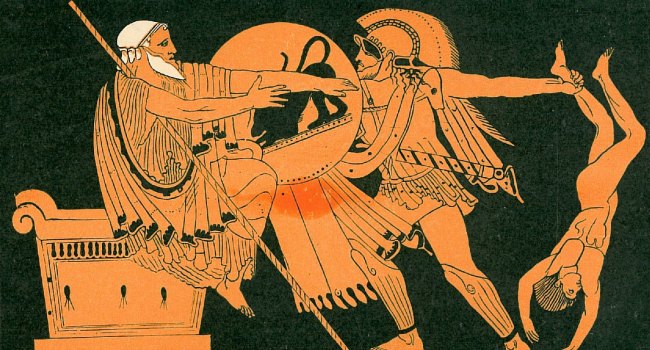Genius is 1% inspiration and 99% perspiration
Creativity is not a eureka moment. It is a process which we must undertake and repeat. Many days will end without an idea which will lead to a great innovation, but every day should contain the same generation of ideas. When we look at the way really creative people spend their days we can see how much work went into the process. There are ways you can increase your creativity and there are things you need to avoid in order to make it happen.
It is important that students bring a certain ragamuffin, barefoot irreverence to their studies; they are not here to worship what is known, but to question it. - Jacob Bronowski
I went to a workshop with Darius Pocha as part of a weeklong course on Design Thinking and Innovation with the Future London Academy in March and the abiding message was simple. Creativity is possible for all of us, we just need to work really hard to make it happen.
In his workshop, Darius talked about his work on Neuroscience of Creativity and gave us some insights into how the human condition and evolution can work against the very creativity that we are aiming at.

Warmer, and safer around a campfire, early humans could start to communicate more freely, a form of idle chat, perhaps.
One example which he looked at related to the evolution of gossip. According to one theory, gossip evolved at the time when humans discovered fire. The time that they would have spent asleep was shortened thanks to the artificial heat and warmth afforded by the campfire. In order to bond it was necessary to bond over something and just as the water cooler conversations of today’s office, so our ancient ancestors talked about the other members of their community. Time spent on idle chatter about your neighbours means less time spent on coming up with great ideas.

The Crowd: Yes! We’re all individuals!
Brian: You’re all different!
The Crowd: Yes, we ARE all different!
Man in crowd: I’m not…
The Crowd: Sch!
(From - The Life of Brian)
The advances made by the human race over the centuries may have distanced us from the rest of the animal kingdom but we are fundamental and integrally part of that kingdom. We might not like to admit it too often but we behave as we do largely as a result of our instinctive nature. We are very good at learning and we can evolve and learn new processes but there are some facts which are unchangeable.

While listening to Darius at the workshop it struck me that we really are slaves to our instincts. We don’t know that it’s happening most of the time, but it’s always there. One earlier thinker came to mind during the workshop: Aristotle. In particular two of his works seemed especially pertinent. The Nichomachean Ethics and Politics. Both are works of a great mind. More importantly, they are the works of a great scientist who studied the humans around him like no one before or since. Countless people have stood on his shoulders when making great discoveries in the period since Aristotle tutored individuals such as Alexander the Great.
_ Nicomachean Ethics _
Luke: I am looking for a great warrior.
Yoda: Wars not make one great.
The Nichomachean Ethics is a fundamental study of why humans behave as they do. In it, Aristotle likens humans to a piece of stone at the start of the sculpting process. Every decision we make and every action we make defines our character and our future behaviour becomes much more predictable. While this is a slight simplification, it is an important place to start. It is important because among other things Aristotle examined human behaviour. He argued that humans may be animals but they are rational animals. If they behave in a certain way, then that can become in essence their defining characteristic. In other words, if you want to be creative, you need to be creative in everything you do. Indeed, the advice given to Luke Skywalker by Yoda sums up the essence of character formation in the Nichomachean Ethics.
_ Politics _
Man is a political animal.
Politics is a study of the city state which was the fundamental building block for Greek society. It was fundamental to one of the most creative phases in western civilisation because it created a space for diverse people to come together, talk and tell stories. The most important line in the work is the opening line: “Politikon Zoon” which translates as - Man is a political animal. This phrase has been misunderstood more often than you could imagine. When Aristotle is talking about politics, he is not talking about what we understand as ‘Politics’, i.e. the nonsense that modern politicians get up to in the name of democracy. He is talking about the City state, the polis. When he says that man is a political animal, he is saying that man is of the polis. Man, in other words, is a social animal who can only thrive when part of a larger community.
What has all of this got to do with creativity? Well, as we are social animals, and as we tend to learn how to behave from other humans, creativity can be a bit of a struggle. If we do as others do, take the same road and think the same thoughts then we are engaging in what might be called convergent thinking. As a rule we do not like to stand out from the crowd. But, the crowd never did come up with a lot of creativity. It is no surprise that the most successful TED talk is one on creativity by Sir Ken Robinson: “How Schools Kill Creativity”. It seems almost axiomatically wrong yet Robinson sets out articulately why it’s actually true.
Innovation, most of all, is driven by collaboration. So it takes more than just smart people, but diversity as well.
It is the divergent thinkers. The ones who do think about things who are more likely to be more creative. This is not going to turn into a rant against rote learning but it is a point to take on board and ponder next time you are staring out a window of a bus or train or walking on a sunny day. A time when your mind can wander and thoughts can pop up like mushrooms.
So, back to the point. In the first place, a large metropolis like London today or Athens in the fifth century BC is for the uninitiated a scary place and the easiest way to fit in is to ‘go native’. Sociologists will tell us that humans adapt to their surroundings and try to fit in. However, the great cities of London and Athens had something else which you can not really engineer. They had diverse populations. Attracted by the wealth of the Athenian Empire or the opportunities of London individuals of diverse backgrounds who had different stories and experiences came together. It is in this melting pot that creativity can happen. Life in a thriving metropolis is as good as a world tour. Tension between the new and the old, between long held ideas and peoples from opposite ends of the globe create sparks of tension which can lead to creativity.
So if you need some inspiration surround yourself with as many different types of people as possible, stop going to school and give up the gossiping!